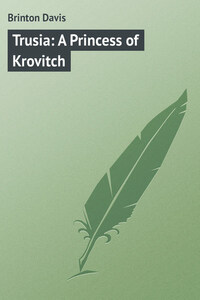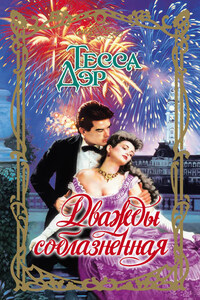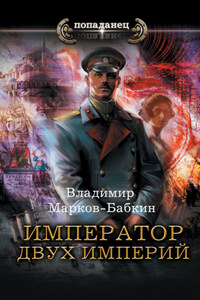After the termination of a three months' struggle on the floor of 'Change, resulting in the rout of his adversaries, who had counted on an easy acquisition of his heritage in the P. & S. system, Calvert Carter was grateful for that particular armchair in the reading-room of the Racquet Club.
"Those gentlemen, in banking on my inexperience in manipulations," he chuckled audibly, "evidently forgot that I had been a campaigner in Cuba. Even though I didn't learn much there about Wall Street or tickers, I did gather some very valuable knowledge of human nature. I guess that counts a little in deals, after all." His thoughts, released from the pressure of financial altercations, were a trifle tumultuous and wandering. They went bounding back now, at the mere mental suggestion of Cuba, to that tropic island, the scene of his stirring military experiences.
Event followed event on the lightened screen of reminiscence. He recalled with a quick surge of pulse the fervor of El Caney and the tide that swept San Juan Hill by the chivalry of American manhood. There, too, was Santiago where his mastery of men had resulted in his being appointed Provost Marshal of the conquered Spanish citadel. Then his mind inconsequently turned to the man who had passed through so many crises with him.
"Carrick came through it all, too," he mused. "The veteran is now the valet. Poor chap, his life has been a strange one." He recalled the story the fellow had told of his past – a tale which had won for him the friendship and aid of the man who had been his captain and was now his employer.
It had occurred in the white stuccoed house on the Plaza which had been his official quarters as Provost.
The picture of it, with its stately old-world balconies where violet shadows nested lovingly, arose before his memory's eyes with a strange yearning. The recollection of those striped awnings in the white light of mid-day had potency to cool, even now, the fever of his thoughts. The barren dignity of Carrick's story had contrasted vividly with the tropical colorings in which its recital had been inspired.
Prompted by a kindly interest in his orderly's career and ambitions, he had asked the man as to his past in general and his future in particular. He was totally unprepared for the undammed flood of confidence which had burst from the lips of the habitually taciturn Carrick. The tattered rags of the fellow's humble past were spread before him in all their pathetic squalor. He saw, as though a living thing, the barren, inarticulate childhood. He heard, under compulsion, the tale of youth's indefinable longings, with the meagre story of a love which lacked not its own shabby tragedy. The delicacy of a gentleman, who had intruded where he had no right, had caused him to draw back with an apology; but the orderly had insisted on telling him. He could almost see the raw, quivering heart in Carrick's breast.
"I wonder," he pondered, "what that medal was he wore under his shirt? He said it was an heirloom. It looked devilishly like an order of nobility." He referred to an incident in the man's narrative, when the latter had drawn from beneath the blue army blouse what had at first appeared to be a Star of the Bath. It had been solemnly handed to him for inspection, with the information that the trooper's father had also worn it.
It was old. The circular scroll, which at one time had doubtless borne an inscription, was smooth save for a few dimples which indicated faintly where words had been. The centre was a slightly raised disc about an inch and a quarter in diameter. Upon this, of blue enamel, cracked and chipped with age and usage, was the figure of a lion rampant, a royal crown upon its head. From the central disc, intersected by the scroll, radiated points of equal length, making a star of the whole. Something also had been said about papers. Supposing that Carrick had meant insurance policies, he had paid but passing heed to the allusion.
Carter's ideas were growing patchwork, he confessed. He felt he was unable, in his weariness, to sustain much connected thought. The mental trend was all one way, however, – pointing to a desire to escape the enforced ennui, which was sure to be consequent upon his recent exhausting contest. Nor was he particularly anxious to meet any one until he had eased up the terrific pace which his nerves had set him.
Hearing a couple of his friends enter, he determined to wait until they should discover him before he would make his presence known. Aware that no one would choose that room for confidential chats, he had no fear of eavesdropping. As he was yielding to drowsiness the words of one of the men back of him caused him to sit up alertly. It was Billy Saunderson, one of the pair who had just entered, who was speaking.
"I tell you, Lang," Saunderson was saying to Langdon of the Diplomatic Corps, – "I tell you that there'll be war. It isn't going to be any police-clubbed riot this time. It'll be the real thing." Carter felt a personal affront in Langdon's sceptical laugh at this assertion.








